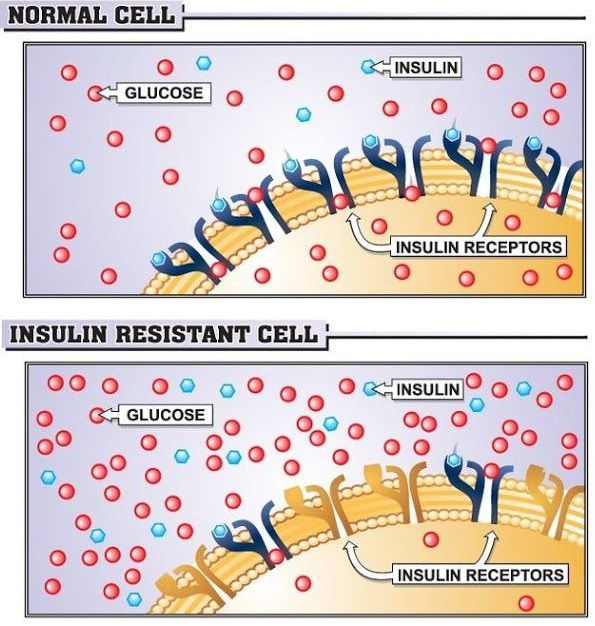Your body is not a hard drive that decompresses at the end of the day. Your body is not a database that programs an index at specific intervals.
Your body is an incredible cluster of chemicals, and as we know it is relatively non-deterministic. We cannot generalize the normal functioning of our organism, but its functions depend enormously on the context. There are thousands of variables involved, but basically things are always the same.
A question of expediency
The answer is far from simple, but to narrow it down to the basics: nutrients are constantly stored as fat and fat is constantly being turned into energy.
An "excess calories per day" is simply an arbitrary measurement over an arbitrary unit of time to better design and plan your diet, as well as your calorie deficit / surplus (based on your goals).
To really answer the question, we have to see how digestion works, skipping the mouth and stomach stages. Once in your intestines, your food is broken down into basic components by enzymes and digested by your intestinal flora. If they are small enough to pass and hit the intestinal lining, the nutrients enter the blood stream or enter the liver via the lymphatic system.
When nutrients circulate in the blood and in your body, it becomes a game of chance and opportunity. When your cells need nutrients, they become more sensitive to those nutrients by activating more receptors on the walls.
And when they don't need them, they turn off some of those receivers. Except that even in a state of "insensitivity", they are still available to take nutrients.
This is where the opportunity comes in: your cells don't know what is “excessive” and what isn't, they just know what they need. By giving them more opportunities, there is a greater chance that they will nab nutrients lying around.
Your body doesn't know what an excess means
In your blood, it is also a matter of chance. Nothing can really "see" what goes into it and its destination. The nutrient rotates until it crosses a receptor and is taken up by a cell.
The second you digest food, some of it is assimilated by fat cells.
Still, it may look like water poured into a funnel. It is possible that your fat cells are producing energy as fast or faster than your additions. Or do not produce energy at all.
Your body doesn't function like a team wanting to achieve a goal, or at least its goals are drastically different from yours.
Your body doesn't know what “excess” means. Cells can achieve what they need or have had enough. From a holistic standpoint, your body doesn't function like a team wanting to achieve a goal, or at least its goals are drastically different from yours. The purpose of your body is to survive. Throughout the millennia of evolution, the human body has survived famines by storing fat. The method worked. It's possible to send different signals to your body, but it's not like you can hook up a keyboard and monitor to it to download a new OS and update the firmware. All you can do is change your eating and physical activity habits.
In conclusion, “excess” is a concept that your body does not understand.
Your body is continually generating fat and constantly using it for energy. The secret to weight loss is just making sure you are using enough energy and consuming enough of it so that the net gain is negative.
Days and weeks are arbitrary measures, but a lot can change overnight when your body is using energy and not consuming it (although it will always continue to digest the food it ingests). It is therefore possible that changes may seem more obvious when you wake up.







